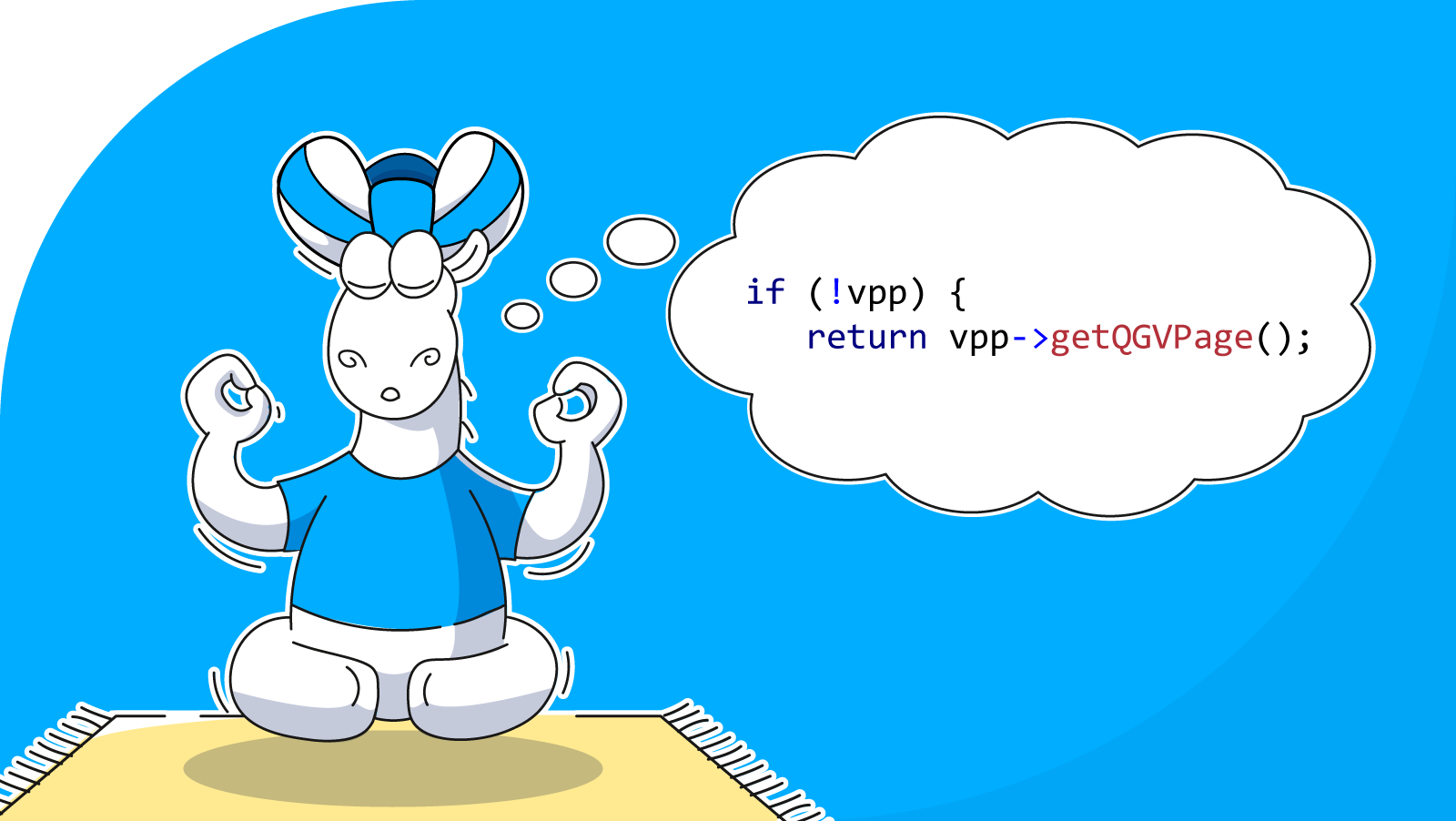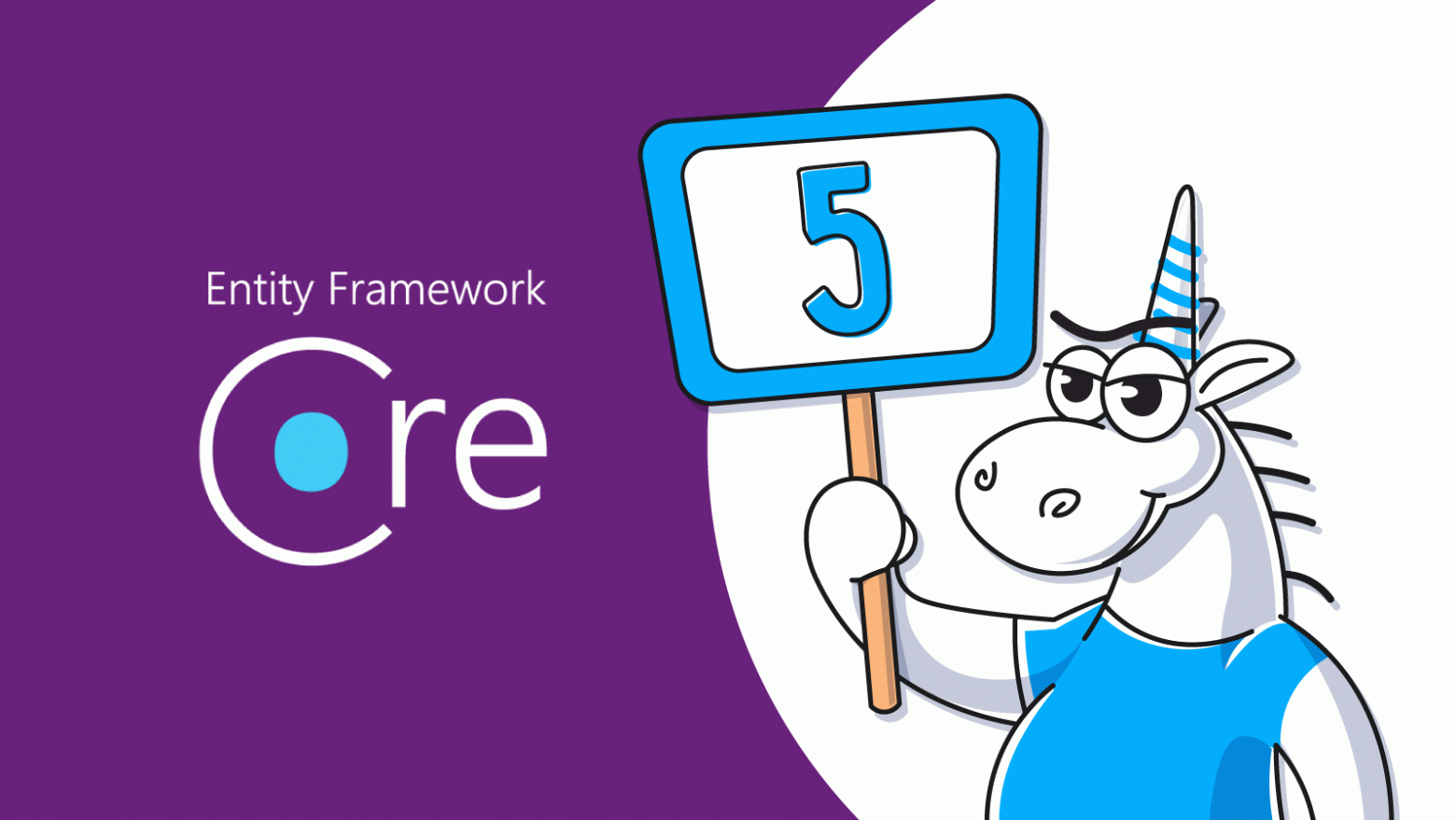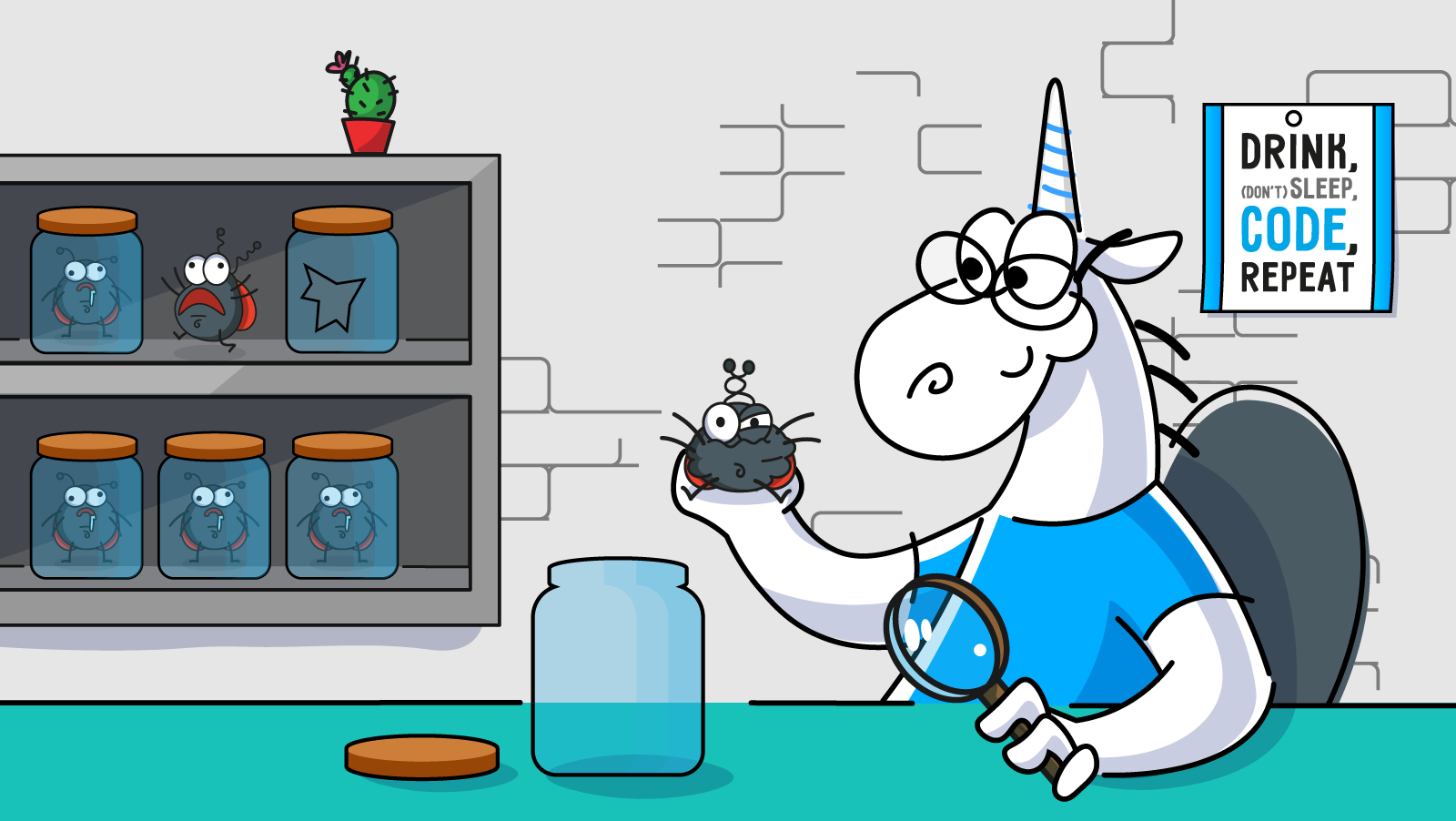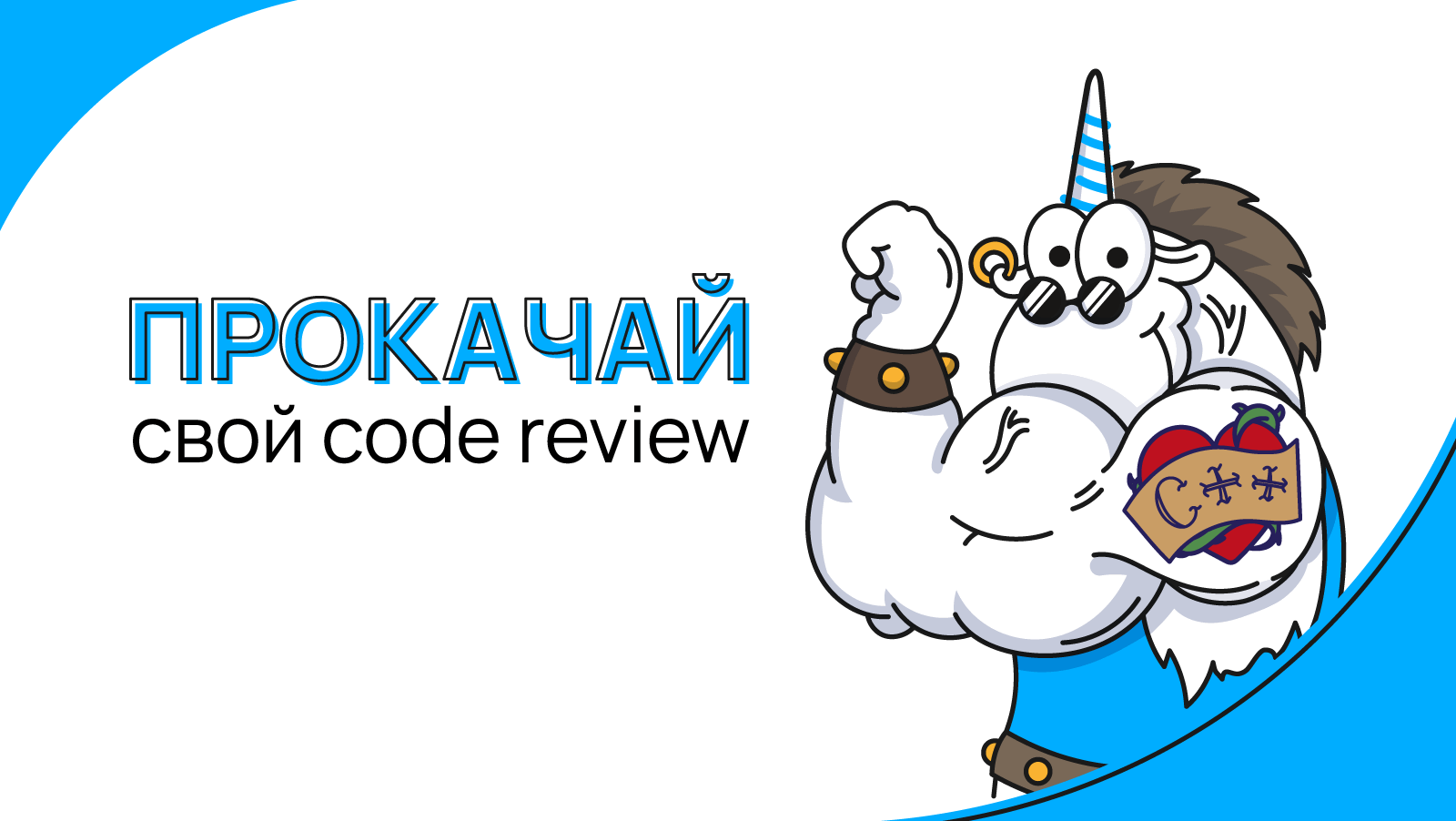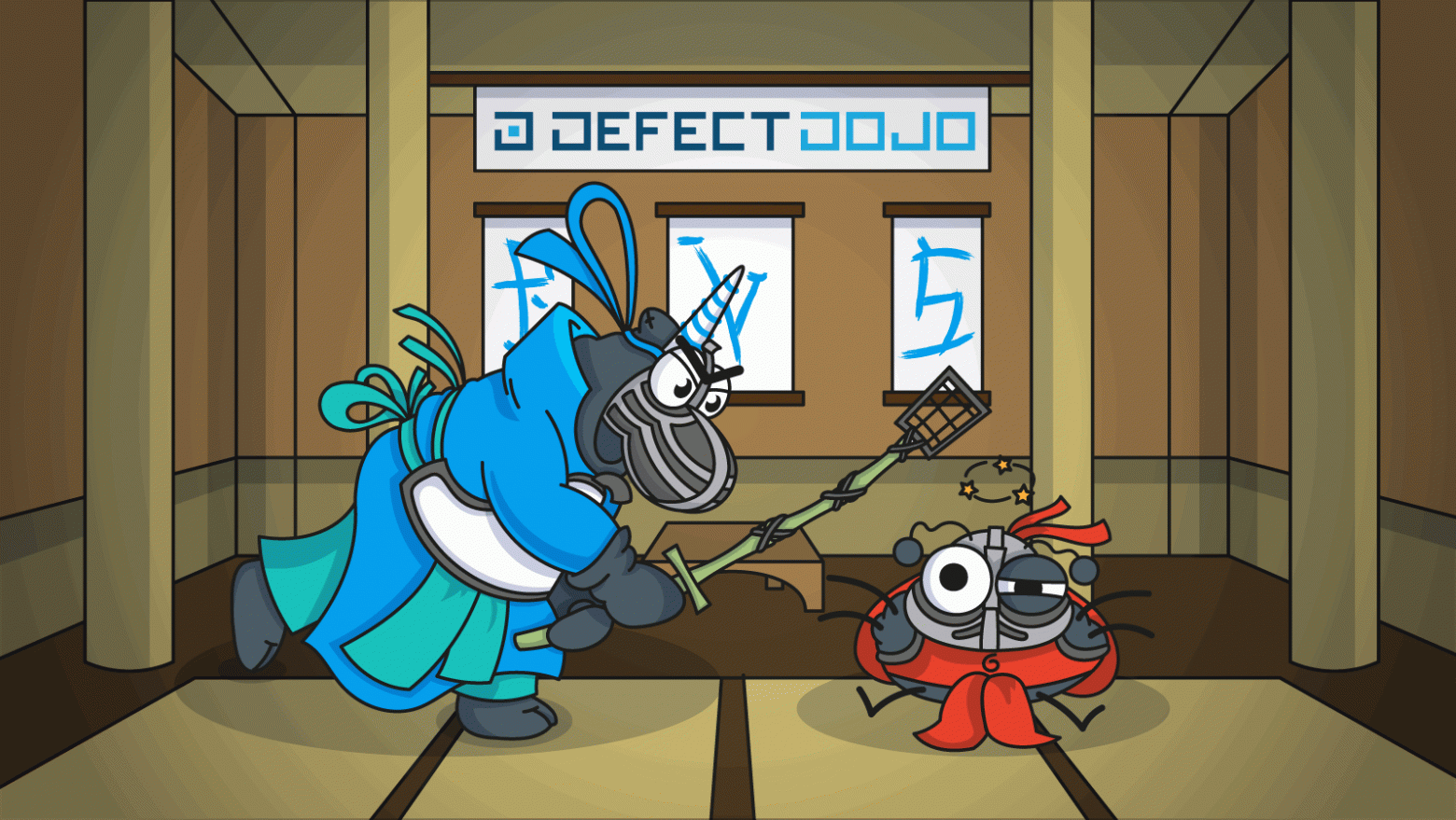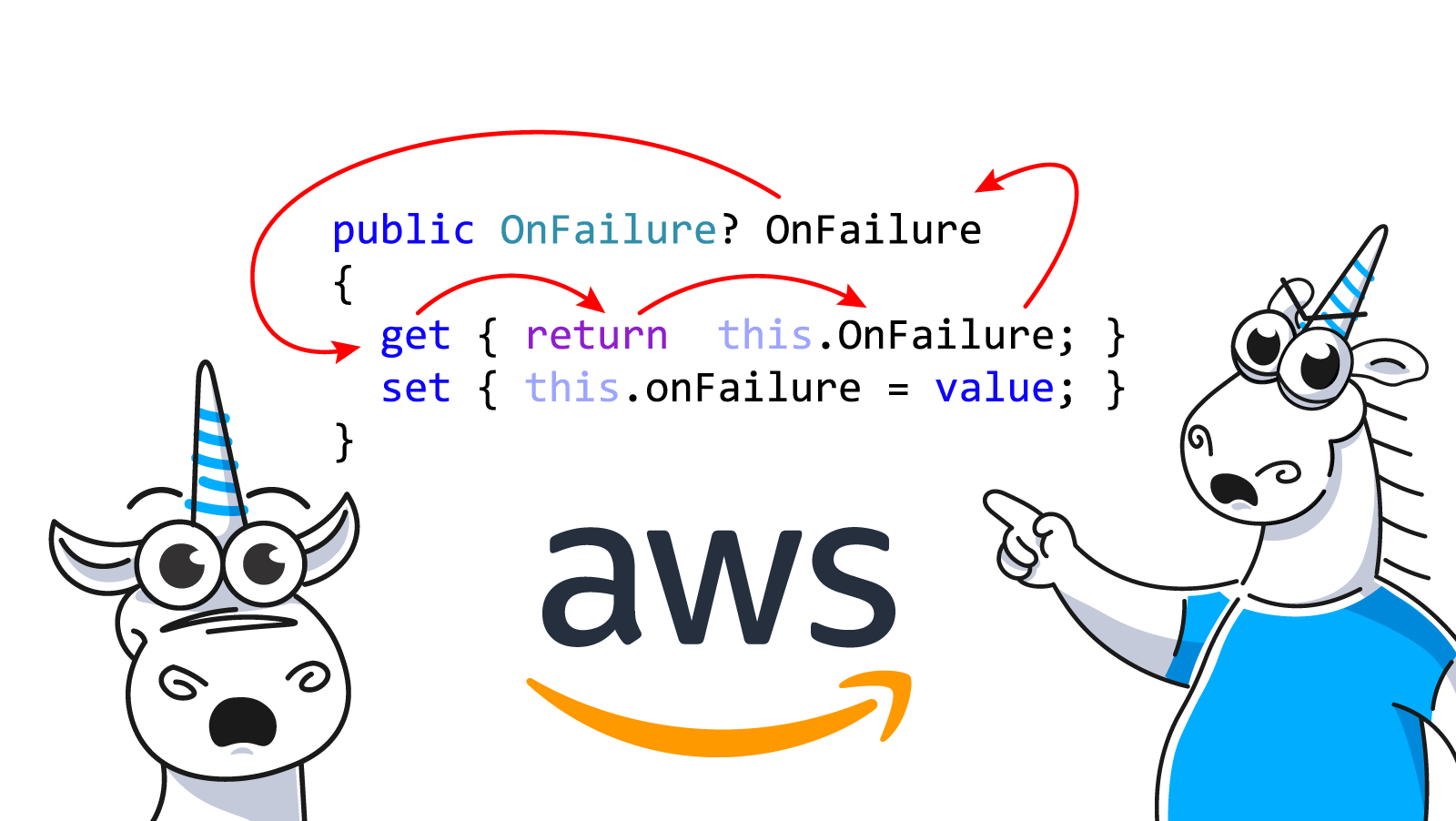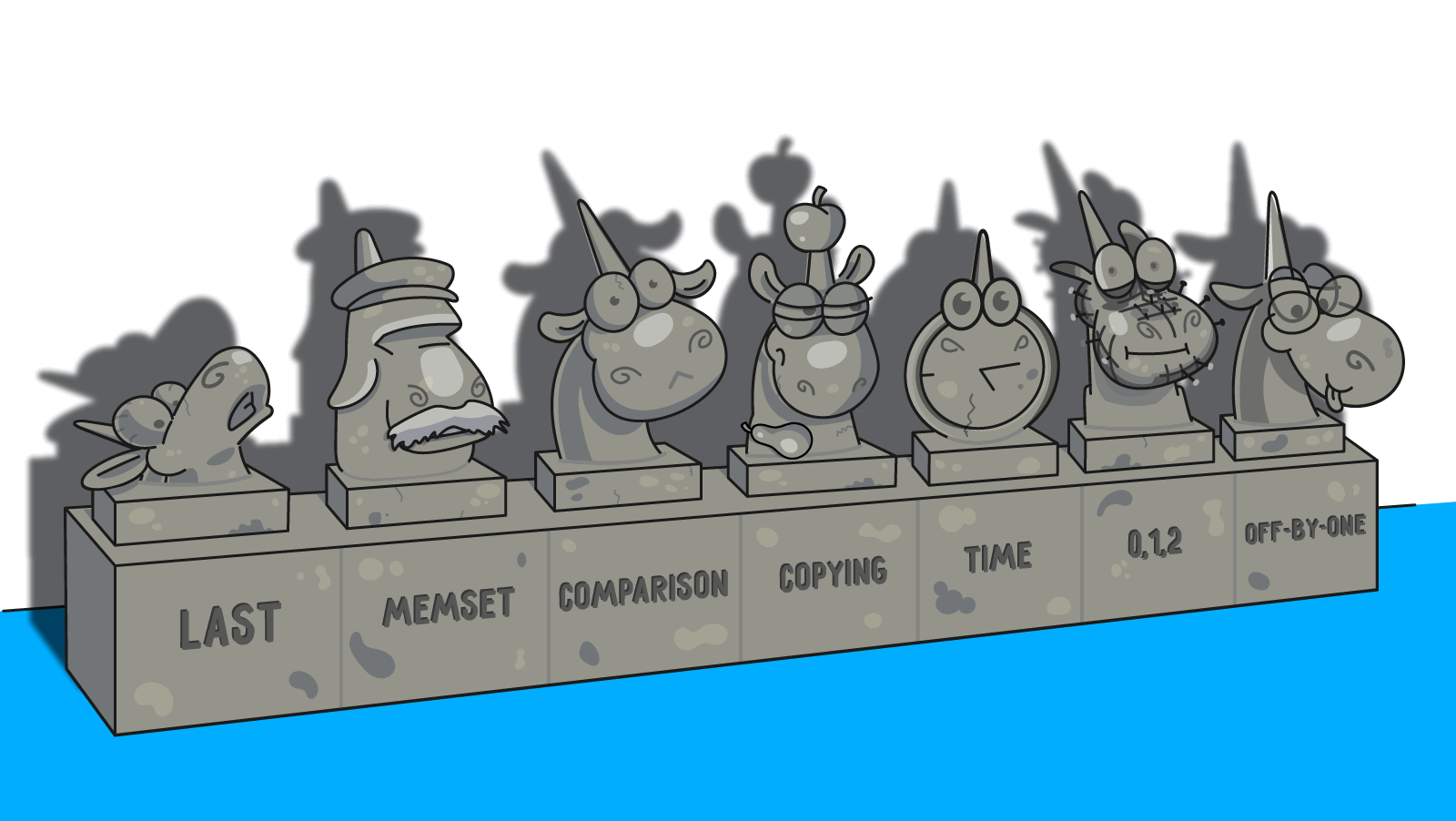
Есть бесконечное количество способов ошибиться при написании кода. Однако иногда можно заметить явные интересные закономерности, как и где ошибаются программисты. Поговорим о коде, который "притягивает" опечатки.
На чём основаны наблюдения
С целью тестирования и продвижения статического анализатора кода PVS-Studio мы проверяем различные открытые проекты. Найдя ошибки, мы сообщаем о них авторам проектов, коллекционируем их и пишем статьи про наиболее интересные случаи.
Рассматривая все эти ошибки, я постепенно замечаю различные повторяющиеся паттерны опечаток. За редким исключением они не зависят от языка программирования. По крайней мере, они одновременно свойственны коду, написанному на C, C++, C#, Java. В этой статье я опишу 7 паттернов, которые заметил к настоящему моменту:
- Эффект последней строки.
- Злополучная функция memset.
- Неверные функции сравнения.
- Неверные функции копирования.
- Ошибки работы с датами и временем.
- Несчастливые числа: 0, 1, 2.
- Ошибка на единицу (off-by-one error).
Заметность закономерностей в ошибках свидетельствует о том, что они крайне распространены. Полезно знать о них, чтобы избегать написания потенциально опасного кода или более эффективно находить их в процессе обзоров кода. Другим словами, вы узнаете, какой код притягивает ошибки, и будете более внимательно его проверять. Конечно, PVS-Studio способен выявить многие подобные ошибки, но не все. Поэтому дополнительное внимание не повредит.
